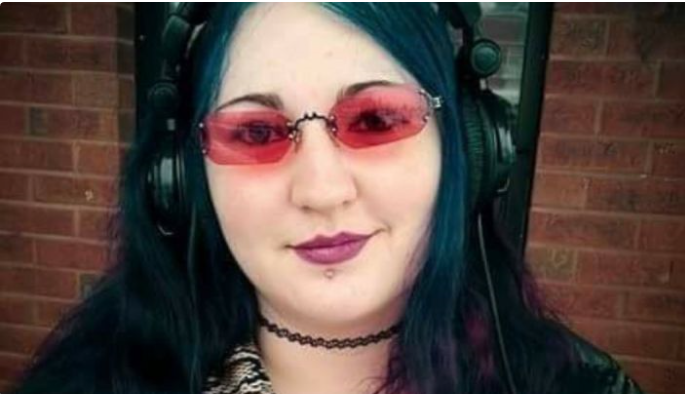I met Samantha Mick just before COVID-19 changed everything. A friend we had in common was very excited to introduce us.
“You two need to meet! You’re so much alike, you like a lot of the same stuff,” he said.
He was right. When I met her I thought, ‘there’s an interesting person. I’d like to get to know her better.’
Not like this, though.
I saw the post on our mutual friend’s Facebook wall.
“May you walk to the Golden gate of Valhalla, Samantha Mick.”
I went looking for her on Facebook and couldn’t find out what happened to her but soon after that, we got a news tip saying the operator of an e-bike injured in a collision two weeks before had passed away.
I reached out to a few of the people who had regularly interacted with her on Facebook and her grandmother responded.
These are the best and worst kinds of stories we can do. They often go either horribly wrong or pretty good. Pretty good is about the best we can hope for when writing an obituary.
Sam, as many knew her, inspired love, loyalty and respect in many people, especially those closest to her and that worked in my favour. The people I talked to were able to tell me a lot about her. Her grandmother, father and step-mother knew which stories would be the best to reflect her personality.
My goal in writing the story was to help people who didn’t know her understand and relate to who she was and what the world had lost.
Her family made that much easier for me by making me cry, a lot.
The stories her grandmother shared really brought her to life for me. Then I talked with her father and step-mother. They added more dimension to her personality and hit me in the feels again. Hard.
I cried my eyes out listening to them and writing the story. Sometimes I had to stop and wait for my vision to clear but it was not terrible.
I knew - I felt - that feeling this way, I would find the best stories to share to help people know Samantha Mick.
I used my feelings as a guide to help me pick the best stories to share.
It was a difficult story but so very worthwhile. These sad stories can have a cathartic effect. They help bring people together over a tragedy they share so they can help each other both heal and learn from it.
They hurt but they help - usually.
From time to time we get it wrong. We listen to the wrong people or we choose the wrong stories to tell and then it goes very badly.
Families and friends divide and voices are raised in anger, as much against the messenger as the message.
But, at the end of the day, it helps to let the tears guide us.
Samantha’s family members apologized for making me cry but I told them it was more than okay for me to feel for them, for their loss and for Samantha.
The feelings are why I do this and they teach me so much that is worth learning.
